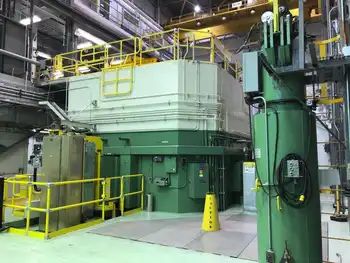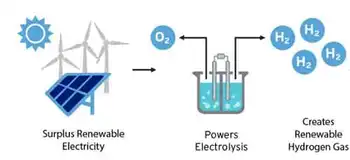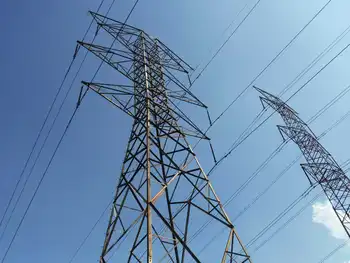EPA Accused of Flouting Supreme Court
By Omaha World-Herald
NFPA 70b Training - Electrical Maintenance
Our customized live online or in‑person group training can be delivered to your staff at your location.

- Live Online
- 12 hours Instructor-led
- Group Training Available
The proposal would make it easier for utilities to expand plant operations or make other changes to produce more electricity without installing new pollution controls.
Critics said the Environmental Protection Agency was ignoring the justices' ruling that said a lower court erred when it sided with a coal-burning utility in seeking a similar standard.
But the EPA's assistant administrator, Bill Wehrum, said the proposal was not in conflict with the recent decision. He said that ruling dealt with the interpretation of earlier rules, not the validity of a new standard.
"It's apples and oranges," Wehrum said in a telephone interview. "We clearly have the authority" to issue the new standard, he added, which revises one proposed a year and a half ago.
The proposal would allow the use of average hourly smokestack emissions when determining whether a plant's expansion or efficiency improvements require additional pollution controls. The EPA hopes to make the proposal final before year's end.
Opponents of the hourly standard recently argued before the Supreme Court that this standard lets a plant put more smog-causing chemicals and other pollution into the air, even if hourly releases do not increase.
Environmentalists long have contended the EPA should continue using annual emissions to determine whether new pollution controls are needed under the Clean Air Act.
While not ruling directly on the legality of hourly standard, the Supreme Court said a lower court erred when it sided with Duke Energy Co. in the utility's challenge to the use of the annual standard in an enforcement case.
Duke Energy argued for the use of an hourly standard - similar to the one the EPA is proposing.
"EPA is ignoring both the Supreme Court and basic science," said Vickie Patton, a lawyer for Environmental Defense, the winning party in the Duke Energy case.
Frank O'Donnell, president of the nonprofit Clean Air Watch, accused the EPA of "thumbing its nose at the court" by pressing ahead with the hourly emissions standard. "They're going to let power plants pollute more," O'Donnell said.
Wehrum said the proposal is intended to allow power plants to produce more electricity by eliminating regulatory barriers to efficiency. He said the EPA has examined the environmental impact of the proposed rule and determined "essentially there's no effect on the environment."
"There should be little if any effects on the level of environmental protection provided by this program," he said.
Duke Energy and other power companies have said the EPA, beginning during the Clinton administration, interpreted the Clean Air Act in such a way that it has stifled needed expansions and efficiency improvements.
Environmentalists say any major changes in a plant's operation should be accompanied by steps to capture the additional pollution that may result.
Scott Segal, director of the Electric Reliability Coordinating Council which represents power companies, said the EPA proposal "allows us to make efficiency improvements that reduce carbon emissions" and help address global warming.
Segal took issue with suggestions the EPA was circumventing the Supreme Court's action in the Duke Energy case. He said the court emphasized that the EPA should have considerable deference in issuing clean air regulations.











